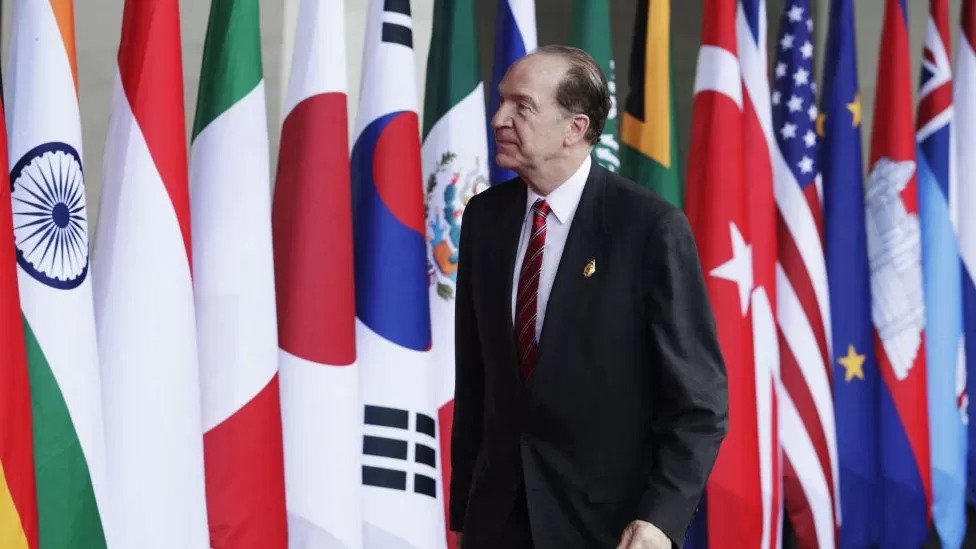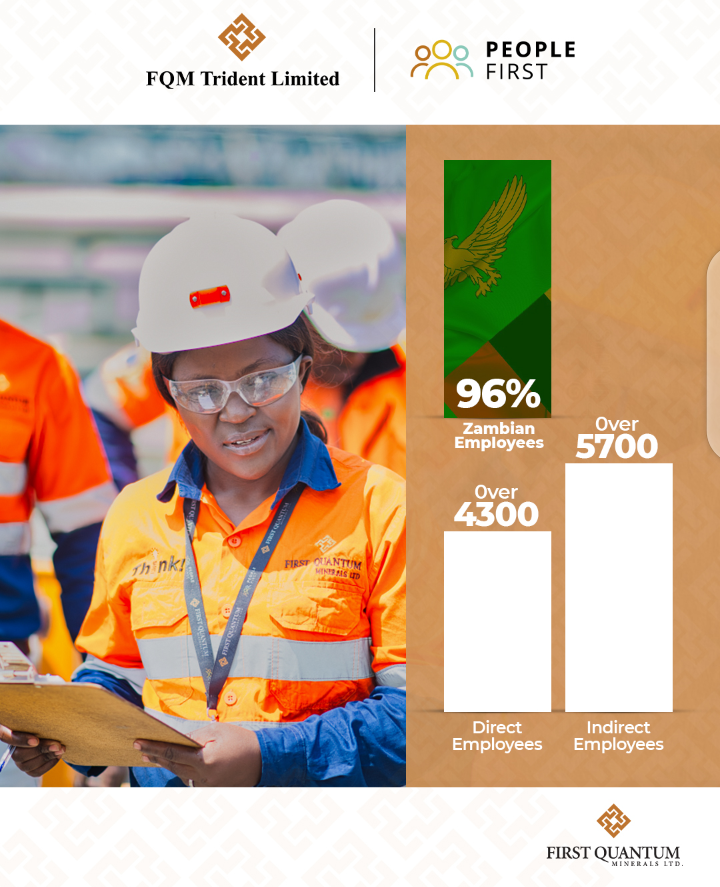(BBC)-The global economy is “perilously close to falling into recession”, according to the latest forecast from the World Bank.
It expects the global economy to grow just 1.7% this year – a sharp decrease from the 3% it predicted in June.
The report blames a number of factors stemming from Russia’s invasion of Ukraine and the impact of the pandemic.
The impacts of higher interest rates are picked out as the key challenge for policy makers to overcome.
World Bank president David Malpass said the downturn would be “broad-based” and growth in people’s earnings in almost every part of the world would “be slower than it was during the decade before Covid-19”.
The 1.7% growth figure would be the lowest since 1991, with the exceptions of the recessions of 2009 and 2020, which were caused by the global financial crisis and the Covid pandemic.
Growth in the world’s richest economies is likely to continue its sharp slowdown from 5.3% in post-pandemic 2021 to 2.5% in 2022 and just 0.5% this year.
“Over the past two decades, slowdowns of this scale have foreshadowed a global recession,” the bank warned, adding that it anticipated “a sharp, long-lasting slowdown”.
If a global recession were to occur, it would be the first time since the 1930s that there have been two global recessions within the same decade.

The US, the Eurozone and China are the three most influential parts of the world for economic growth, however the report said they were “all undergoing a period of pronounced weakness”. It said that was making the problems faced by other, poorer, countries, worse.
Tackling rising prices
Higher inflation is one of the main reasons that global economic growth is struggling. It has led to interest rate increases in dozens of countries that have further slowed growth.
The aim is to tackle the cost-of-living crisis that millions are suffering, but it has also stifled business investments, and the report warned that more companies were struggling with their debts.
Food and energy have been two of the biggest contributors to inflation, which could become more “persistent”.
The World Bank said it expected the global pace of price rises to slow from 7.6% to 5.2% this year. However, that would remain significantly higher than the 2% rate many central banks work towards.
Central banks including the US Federal Reserve and the Bank of England are trying to navigate a delicate path to curb inflation while not tipping their economies into recession.
Energy prices are “expected to ease” in 2023, the Bank said, thanks to an increase in global production and less demand in Europe, where an energy crisis has led businesses and households to reduce their use of gas.
But it warned that some “prices spikes are possible”.
Crop prices are forecast to fall 5% this year but they will still be significantly higher than they were a few years ago, having risen by 13% in 2022.









